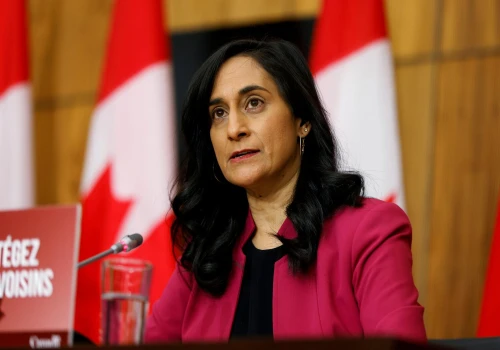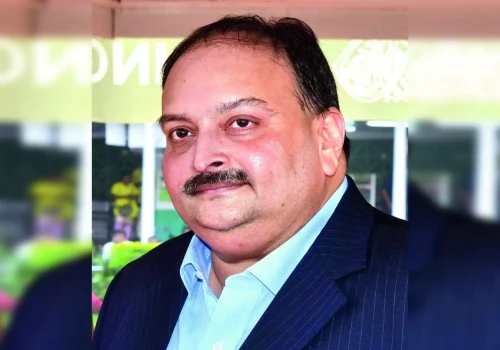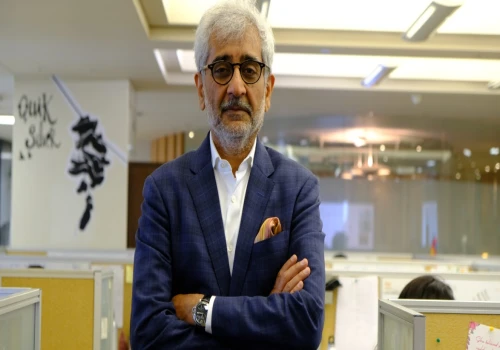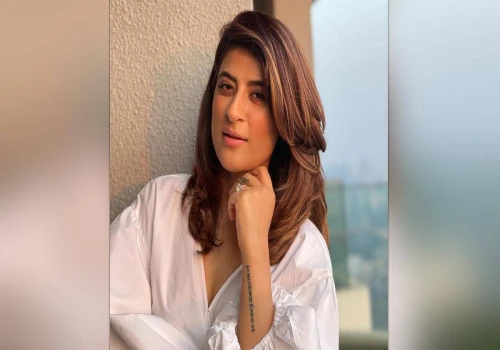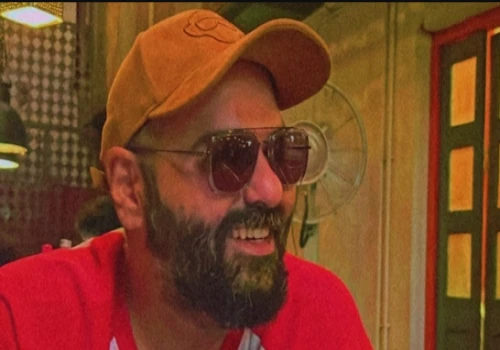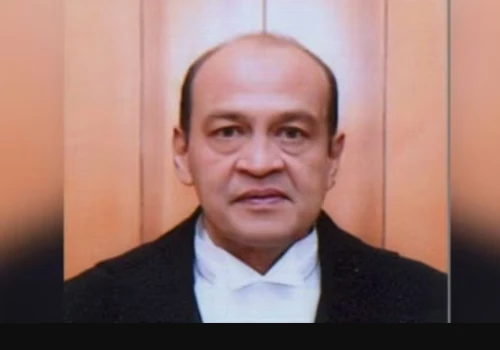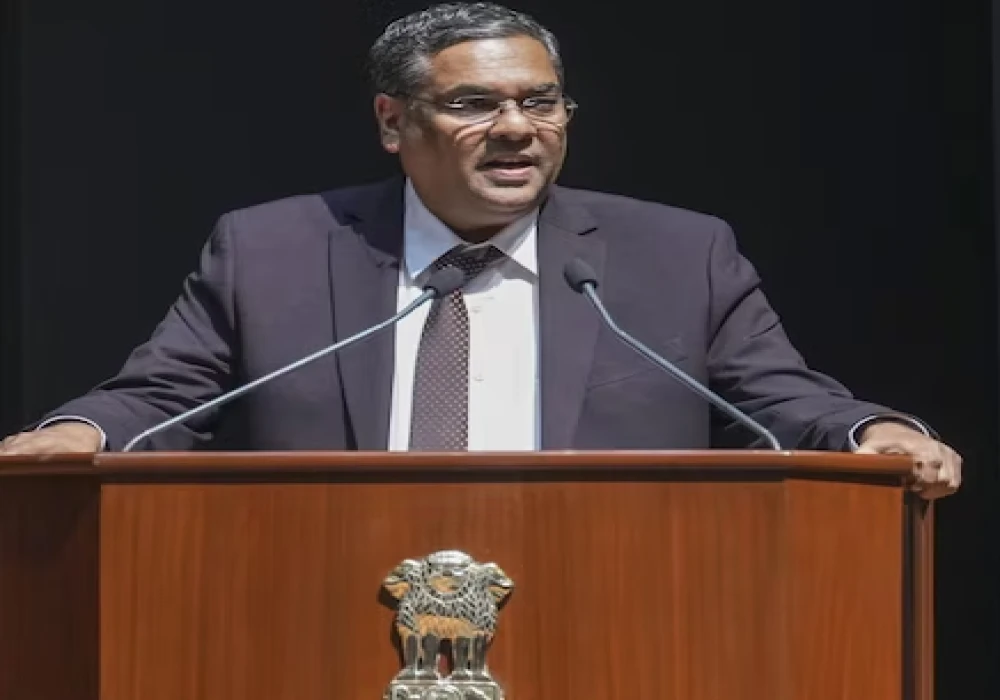
Appointment as Chief Justice of India
Justice Sanjiv Khanna was sworn in as the 51st Chief Justice of India on November 11, 2024. He succeeded Justice DY Chandrachud, who retired on November 10, 2024. President Droupadi Murmu administered the oath, with Prime Minister Narendra Modi, Defence Minister Rajnath Singh, and Vice President Jagdeep Dhankhar in attendance.
Early Life and Legal Heritage
Born on May 14, 1960, Justice Khanna hails from a distinguished legal family in Delhi. His father, Justice Dev Raj Khanna, was a former judge of the Delhi High Court, and his uncle, Justice HR Khanna, is renowned for his dissent in the ADM Jabalpur case during the 1976 Emergency, which protected fundamental rights.
Education and Early Career
Justice Khanna studied law at Delhi University’s Campus Law Centre. He began practicing law in 1983 with the Delhi Bar Council. Over the years, he held various key positions, including senior standing counsel for the Income Tax Department and standing counsel for the National Capital Territory of Delhi.
Judicial Career
Justice Khanna served as a judge of the Delhi High Court before being appointed to the Supreme Court in January 2019. His tenure in the Supreme Court has been marked by several landmark rulings.
Landmark Cases and Contributions
Justice Khanna has been involved in several significant cases. He affirmed the credibility of electronic voting machines (EVMs) in 2024, ruling against concerns about tampering. He also struck down the electoral bonds scheme as unconstitutional and supported the government’s decision to revoke Article 370, ending Jammu and Kashmir’s special status.
Role in High-Profile Cases
Justice Khanna has been part of critical decisions, including granting interim bail to Arvind Kejriwal during the 2019 excise policy investigation. This decision allowed Kejriwal to campaign for the Lok Sabha elections.
Legacy and Judicial Philosophy
Justice Khanna’s judicial philosophy reflects a strong commitment to upholding constitutional values and ensuring judicial independence. He continues the legacy of his family’s contribution to India’s legal system and remains a respected figure in Indian jurisprudence.



